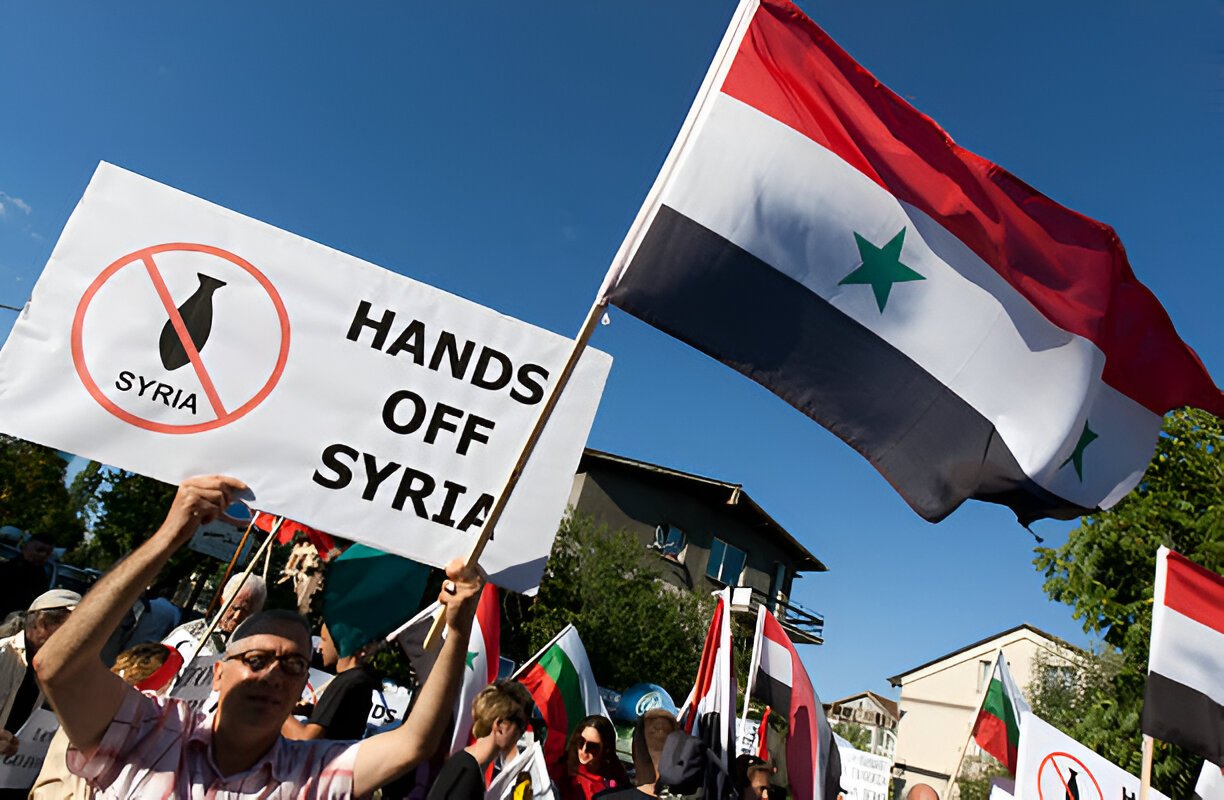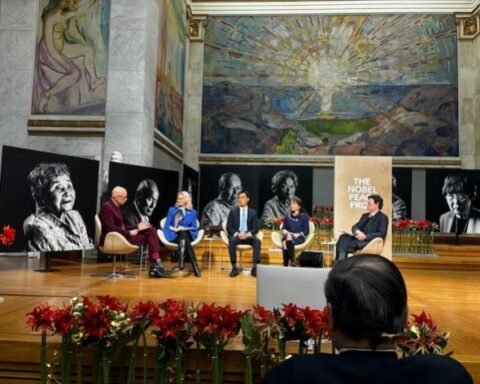One of the biggest human rights crises in modern history has been brought on by the war in Syria. Civilians are still stranded in conflict areas in 2024, where they must deal with deprivation, violence, and forced relocation. There are still reports of attacks on healthcare and education, arbitrary arrests, and torture. Perpetrators continue to operate with impunity in spite of international criticism. The continuous transgressions, their effects on Syrians, and the international response are highlighted in this article.
Violence Against Civilians Remains Unchecked
Syria’s civilian population is still in great danger. People suspected of being regime opponents are regularly detained by government authorities. Many of these detainees end up in overcrowded prisons or are tortured. These facilities are said to have cruel conditions, with limited access to food, healthcare, and legal counsel.
Abuse is also committed by armed groups in regions under opposing control. Militants frequently extort or coerce civilians into joining them. Children and women are especially susceptible to gender-based violence and exploitation. Some people choose not to disclose these violations out of concern for possible reprisals.
Everyday dangers are increased by landmines and abandoned weapons. These hidden dangers can cause injuries or even death to civilians returning to previous battlegrounds.
Displaced Syrians Suffer in Camps
The situation for Syrians who have been displaced is still grave. While 5.5 million refugees reside in nearby nations, more than 6.8 million people are internally displaced. In addition to being congested, refugee camps lack essential utilities like electricity and potable water.
Refugees in Lebanon complain of discrimination and movement limitations. Many families cannot afford to take their kids to school or get healthcare. High rates of sexual abuse and harassment against women in camps exacerbate their precarious circumstances.
Similar struggles are faced by Syria’s internally displaced people (IDPs). Because armed groups regularly target camps in the northwest, safety is a continual issue. Their hardship is made worse by the absence of humanitarian relief, which leaves families with few resources.
Attacks on Healthcare and Education
One of the biggest victims of the conflict has been Syria’s healthcare sector. Millions of people lack access to healthcare because hospitals and clinics are frequently destroyed or plundered. There is a serious lack of qualified professionals as a result of doctors and nurses leaving the nation. Because of inadequate sanitation and a lack of vaccines, diseases like cholera and measles have proliferated in camps.
Education has also been severely impacted. In conflict areas, a large number of schools are still shuttered or damaged. There is a “lost generation” of Syrians because children in these locations lack access to education. Overcrowded classrooms and a lack of resources make learning challenging for those who do go to school.
Global Accountability Falls Short
Efforts to hold human rights violators accountable have been slow and inadequate. The International Criminal Court (ICC) has been unable to investigate Syria due to political roadblocks. Attempts to refer the conflict to the ICC have been vetoed by Russia and China at the United Nations.
Some progress has been made in European courts, where Syrian officials have faced trials under universal jurisdiction laws. However, these cases represent only a fraction of the violations reported. Human rights organizations continue to call for stronger international action.
The United Nations has repeatedly condemned abuses in Syria, urging all parties to respect international law. Despite this, enforcement mechanisms remain weak, allowing the crisis to persist.
What Needs to Change?
Experts argue that addressing Syria’s human rights violations requires urgent action. International organizations must prioritize protecting civilians and ensuring access to humanitarian aid. Countries that host refugees should receive more support to improve living conditions in camps.
In addition, accountability mechanisms must be strengthened. Global powers should push for independent investigations into human rights abuses. Targeted sanctions on perpetrators, rather than blanket economic measures, could also reduce the suffering of ordinary Syrians.
Rebuilding the healthcare and education systems is another critical step. Investment in these areas can provide hope to millions of Syrians and help them rebuild their lives.
Syria’s human rights situation is still a humanitarian catastrophe. While international efforts to solve these concerns fail, civilians suffer from hardship, displacement, and violence. The international community should prioritise protecting Syrians and prosecuting those responsible.
Millions of Syrians would lose hope for a better future as the crisis worsens if nothing is done right away. This continuous tragedy is too important for the world to ignore.







